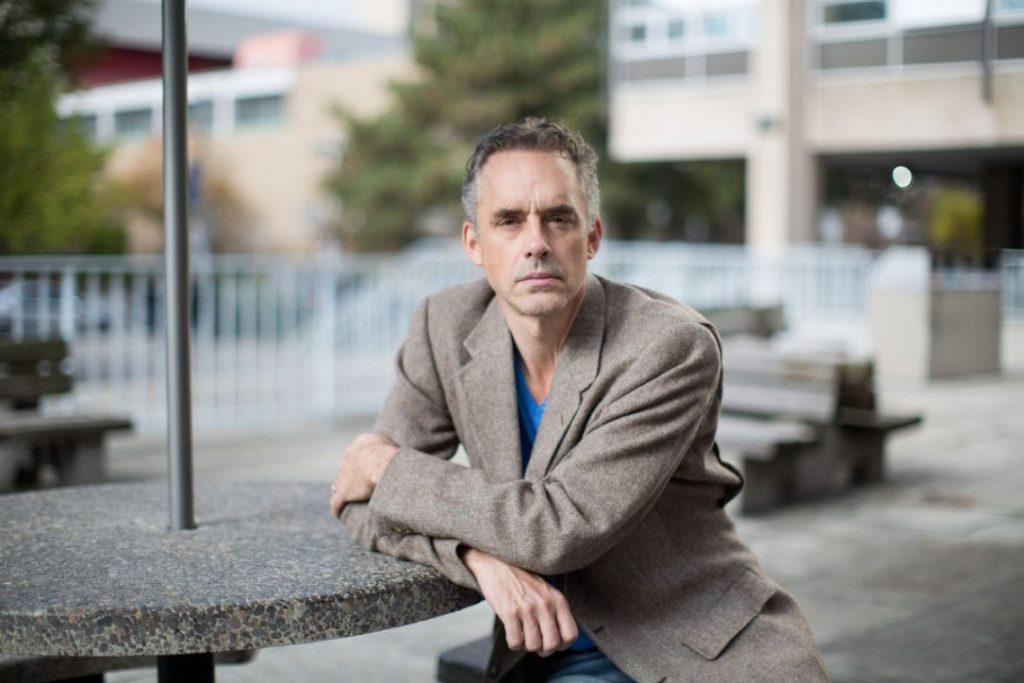Commentary
Jordan Peterson might be today’s most influential public intellectual, having achieved that fame in only two years, following a long career as an academic and a practicing clinical psychologist.

Jordan Peterson might be today’s most influential public intellectual, having achieved that fame in only two years, following a long career as an academic and a practicing clinical psychologist.